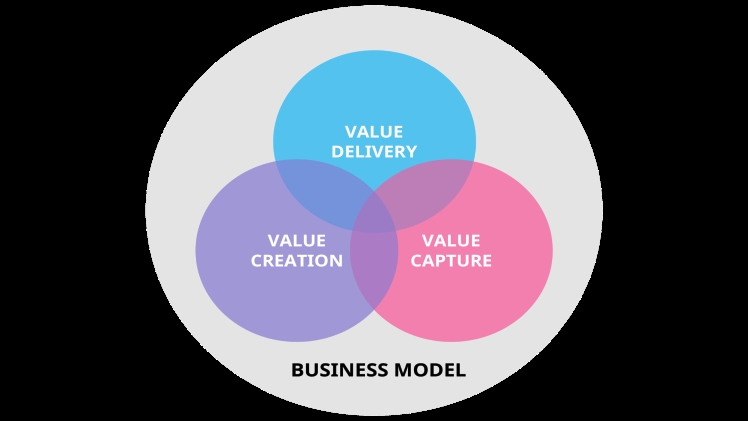What is a business model? A business model can be defined as the way in which an organization creates, delivers, and captures value. It includes its approach to strategy, operations, and innovation. In other words, it’s how your company does what it does and why you do what you do. Understanding your core competencies–and knowing where they are irrelevant–is key to building a sound business model that will succeed in today’s competitive environment. Matting solutions are very important as you need to make sure your business is safe and flooring is protected.
The best way to build a sound business model is by first considering your core competencies. What are the skills that you, as an organization, do better than anyone else? Then identify areas where those strengths can be leveraged and create new opportunities for growth. For example, if one of your key talents is in design but you’re also interested in food service or transportation because they complement each other, then it makes sense to grow into both markets simultaneously–rather than pursuing only one strategy at a time.
It’s important not to forget about innovation when constructing your business model; there needs to be room for creativity and exploration so that the company can stay ahead of its competition. Core processes should include regular updates on industry trends and also insider knowledge of the company’s strengths, weaknesses, and opportunities.
When building your business model you need to take into consideration the packaging of your products and also to make the packaging aesthetic as possible, Allpack can help you with this.
You’re never going to be able to create a perfect business model for your company at first–in fact, it may take years of trial-and-error before you find something that works well. The point is not perfection; rather, it’s about continual improvement in order to fuel growth and innovation.*And as much as we like clarity from our leaders around what they want us to do strategically or tactically, there are no right answers when it comes time for crafting a business model.
Building a Business Model
What makes up your business model? A lot has changed since the 1970s with the advent of globalization but one thing remains constant: entrepreneurs need an excellent understanding.
This blog post talks about the importance of a business model and how to get one. It provides an overview, what makes up a good business model, why it’s important for entrepreneurs to spend time crafting their own, and more!
The point is not perfection; rather, it’s about continual improvement in order to fuel growth and innovation. And as much as we like clarity from our leaders around what they want us to do strategically or tactically, there are no right answers when it comes time for crafting a business model.
In fact in many cases–the best results come through trial-and-error which takes courage but nonetheless leads to progress.
Building A Business Model: What Makes Up Your Business
all the things you have to do to turn your idea into a business, and how.
Building A Business Model: How To Start Building Your Own
Developing the right product or service
Thinking about pricing
Naming the company
There are so many different elements that go into building a successful business model. And while these are some of the most important things to consider when crafting yours, it’s also important not to neglect other aspects like finding customers and understanding what they want from you as well as taking care of administrative tasks like paperwork!
And if all this feels overwhelming? That’s okay! It can be helpful to have someone who is knowledgeable in marketing strategy help you out for free with structuring your content and identifying what we want to promote.
Pricing:
Creating a business model is complex and multifaceted, but one of the most important parts to get right are your pricing strategies. Pricing can determine whether you’re going to be able to sustainably make money or not, so it’s worth spending time figuring out what will work for you as an entrepreneur! Here are some questions that might help in tackling this topic; Who am I targeting? What value do they want from my product/service? How much competition exists at the same price point? Can we keep up with demand if we offer our product/service below cost (or without profit)? And how does my wider marketing strategy impact this decision-making process? There isn’t necessarily a “correct”
Inventory management software is a great thing to invest in when building a business and i would recommend bit systems.

